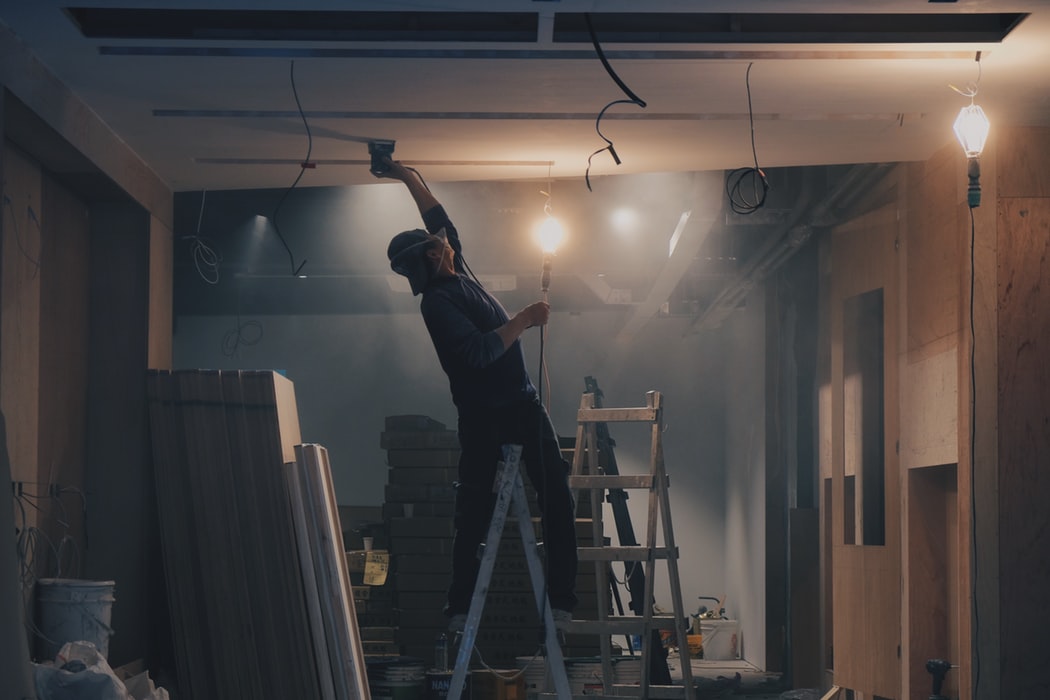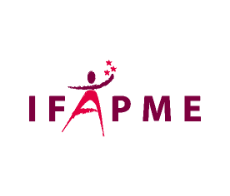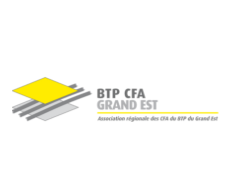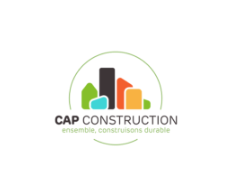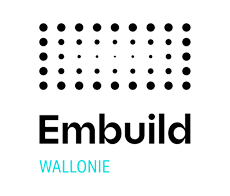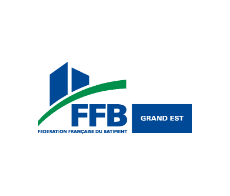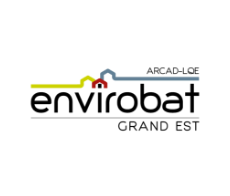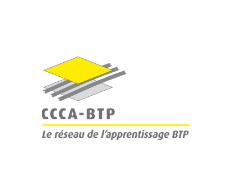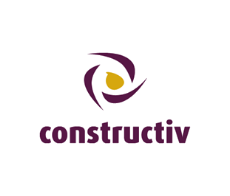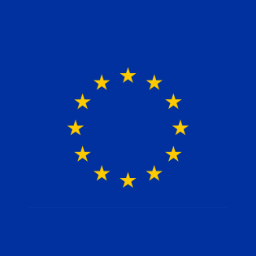Project genesis / findings
The cross-border territory of the provinces of Luxembourg (BE) and Namur (BE) and the departments of Marne (FR) and Ardennes (FR) is characterised by rural communes where the real estate is relatively similar and very largely held by households that own their main residence (+/- 75%, source: Federal Public Service for the Economy and study by the Caisse des Dépôts, a public sector financial institution). This old, private real estate (source: IWEPS – Walloon institute of assessment, long-term planning and statistics) requires particular attention in terms of energy renovation.
At the same time, professionals in the sector note that the training linked to energy renovation available in this cross-border region is inadequate and does not meet their expectations. Particularly since the technical skills that need to be acquired in this field on the two sides of the territory are not identical.
Finally, this cross-border area is also characterised by a real flow of workers between France and Belgium, but this could be intensified.
By developing a new range of alternance training options linked to energy renovation in the construction sector, the project will make it possible to bring the training available and the demand from professionals more into line with one other in the cross-border territory studied. It will also promote employment for workers here and the integration of new construction markets for professionals while increasing the fluidity and mobility of trainees and workers.
Proposed solution
To respond to the observations made, the partnership will implement a cross-border training programme, including both alternance training leading to qualifications and continuing training for businesses and workers in the cross-border area.


The project will contribute towards achieving the strategic objectives of the cooperation programme, since by targeting the theme of energy renovation, the project aims to implement a programme of cross-border training and support intended to make improving the environment a source of economic opportunities and job creation.
More particularly, the following project objectives have been set:
- The development of cross-board technical and educational tools for professionals and alternance training operators;
- the organisation of a range of joint training courses on the theme of energy renovation;
- cross-border support for target groups (trainees, workers, businesses);
- cross-border recognition of the skills acquired;
- The creation of a cross-border partnership agreement between alternance training operators and professional federations in order to assure the long-term future of the project actions.
These various actions will ensure better integration of workers on labour markets while improving their mobility in the project area in both businesses and training centres.
Master and grow
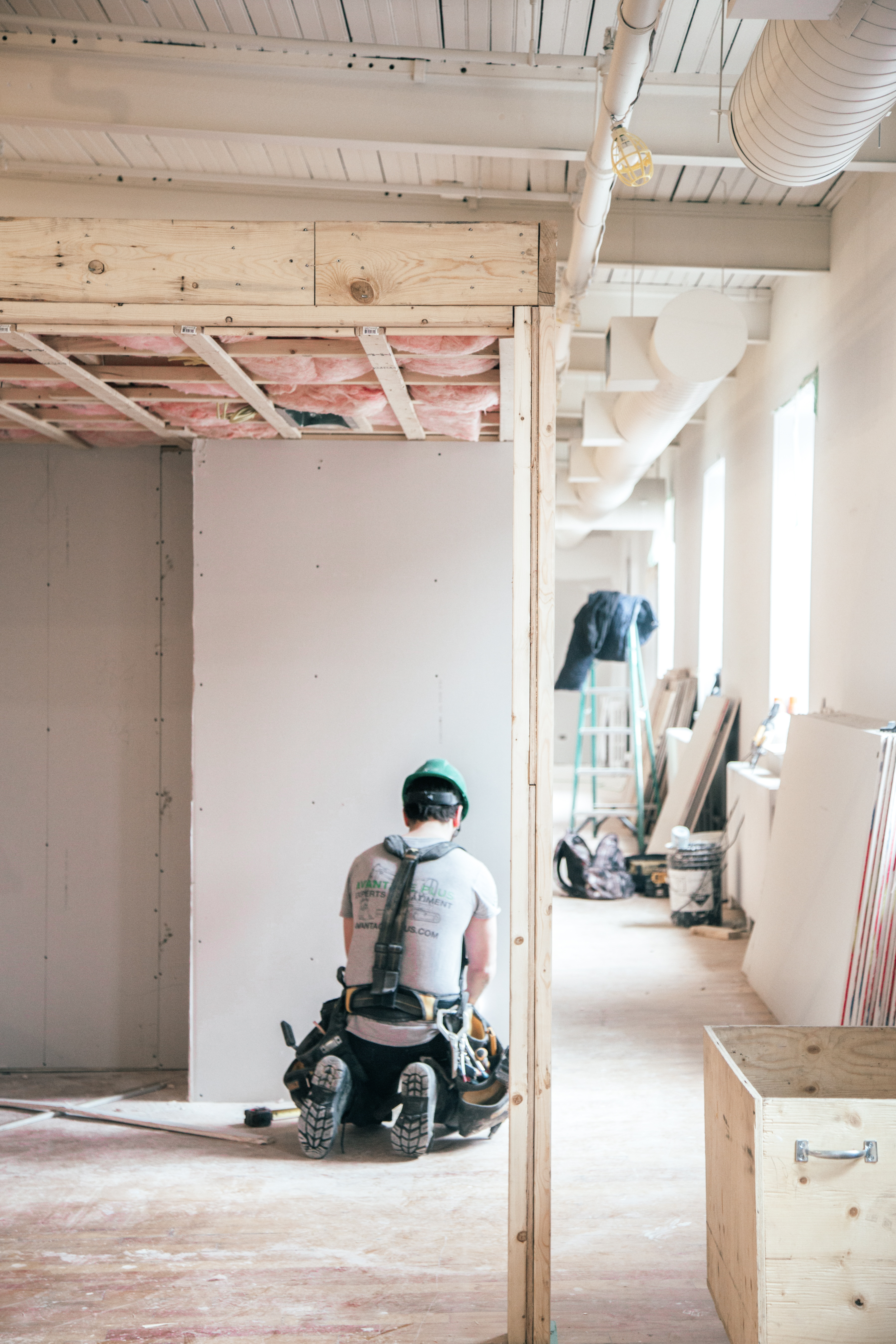

The project aims to ensure the acquisition and recognition of the skills to be mastered in the field of the energy renovation of buildings across the whole of the territory studied. It will make it possible to increase the fluidity and mobility of workers within employment areas and to improve the balance between the supply and the needs in terms of training linked to this theme.
The project adopts a cross-border approach as the joint implementation of cross-border alternance training involves, on the one hand, the participation of business clusters and professional branches in Wallonia and in France — whose task will be to mobilise businesses on the border to take part in the cross-border benchmarking process and to provide company placements — and, on the other hand, the participation of alternance training operators in Wallonia and in France, to ensure the co-development and implementation of the cross-border training programmes.
The added value of the project lies in the availability of workers who can be hired on both sides of the border. In fact, owing to its cross-border approach, the project will make it possible to increase the employability of cross-border workers by creating new cross-border alternance training programmes. It will also improve the mobility of businesses that will be able to take up positions on the cross-border market in the area in question, thanks to the development of a new range of continuing training options and the publication of cross-border technical guides.
Innovation
The general objective of the project is to support the dynamics of the construction sector on the energy renovation market, relying on a cross-border partnership providing leverage across a wide territory. The public/private partnership among multiple players makes it possible to work by crossing expertise, focusing transversally on the capacities for innovation within the range of alternance training courses available.
Training programmes leading to qualifications and alternance training lie at the centre of the project. By pooling knowledge, practices and resources, the added value of the RENOVALT project will result in the joint organisation of a concerted range of training options made available along cross-border lines involving professional federations, businesses in the sector, alternance training operators and research centres.
The added value of the project lies in:
- The increase in the cross-border expertise of the partners as regards training linked to energy renovation, thanks to the implementation of cross-border benchmarking supported by experts in the field and businesses;
- Innovation in the training process through the co-organisation of cross-border training programmes as well as the development and pooling of resources among operators;
- The improvement of cross-border mobility for trainees and workers in the construction sector, thanks to a range of training options in line with the economic needs observed across the project area;
- Effective cross-border recognition of the qualifications and skills of trainees and workers in the sector, through the granting of cross-border sectoral recognition backed by professional and joint bodies.
